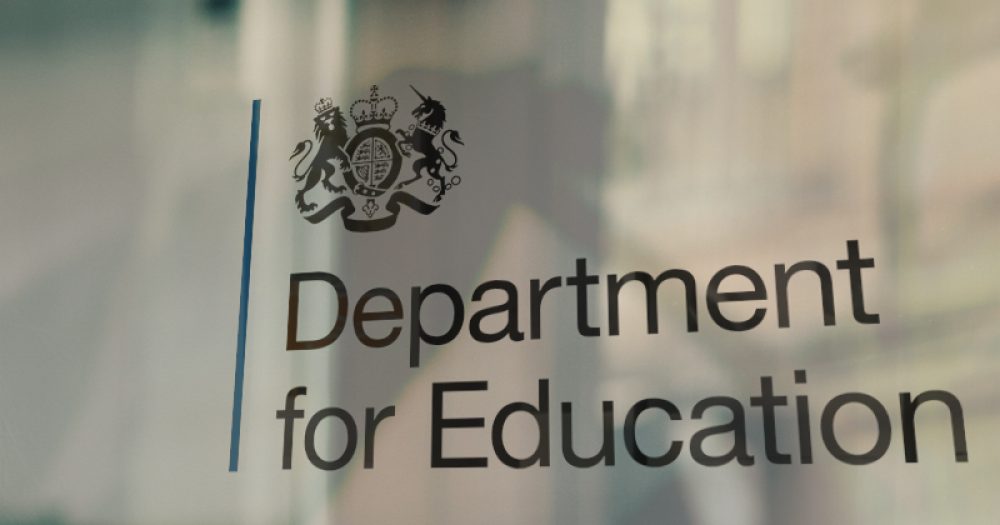Representatives from business are being asked to apply to join panels that will help develop new T-levels.
The Department for Education is establishing employer panels for T-level routes that will be delivered from 2022, in agriculture, environmental and animal care; business and administration; catering and hospitality; creative and design; and hair and beauty.
“The DfE is seeking experienced practitioners, managers/trainers of practitioners, or members of professional bodies or trade associations with direct experience of occupations in these routes,” a spokesperson said.
Applicants should be employed or self-employed and “actively working in their industry or sector”.
There will be nine panels across the five routes, each made up of between 10 to 15 members.
Members of the first six T-level route panels were announced last November, a month after the panel chairs were unveiled.
“These are critical roles that will require successful applicants to spend time away from their day job,” says the job advert, posted today.
“In recognition of this, as a panel member, your employer will receive £1,000 on a quarterly basis. If you are a panel chair, your employer will receive £2,000 on a quarterly basis. Successful panel members will have to pay for their own travel and subsistence costs, however these payments will cover any travel expenses incurred in attending meetings.”
It is “broadly expected” that each panel will meet approximately once a month for a year, and that “panel members will undertake some additional work” outside of meetings”.
“We would expect this to be approximately one day per month, however there will be peaks in the work of panels when additional effort may be required,” the spokesperson added.
This is a one-year fixed-term appointment, with “the possibility of an extension”.
Applications open today and will close at 5pm on May 7. Successful applicants must attend interviews on either June 4 or 11.
The T-level panels will be responsible for developing outline content for the new qualifications, the first of which will launch from 2020.
The government intends to use them to raise the profile of technical training, in the hope they will share equal billing with academic A-levels.
“T-levels are about giving greater choice to young people to get the skills they need to achieve good jobs,” said the skills minister Anne Milton. “It is also about businesses – we know they are crying out for a skilled workforce and T-levels will create the next generation of talented employees.
“We are already working with top industry leaders and want even more to join us to make this a success for individuals, businesses and the economy.”








Your thoughts